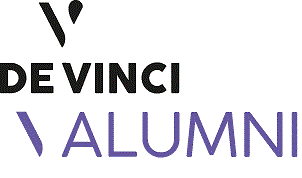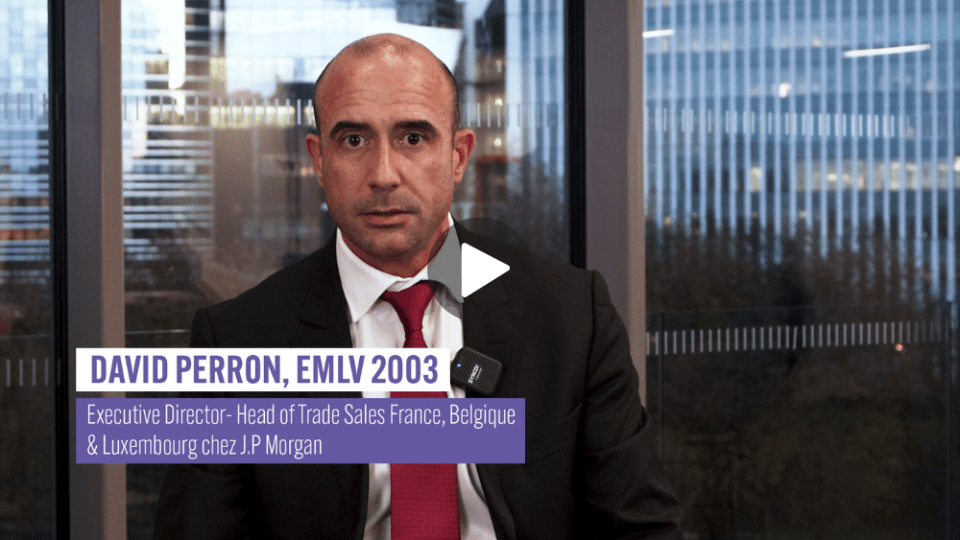Alumni Insight: Finance supply chain management for CFOs/CEOs
How important has finance supply chain management become for CFOs/CEOs in recent years?
David Perron ('03 EMLV), Head of Trade & Working Capital (France, Belgium, Luxembourg) at JP Morgan, answers our questions.
The finance supply chain was originally defined as the desire of a buying company to extend its terms of payment in order to effectively manage its Working Capital Requirement (WCR) and optimize its operations.
In this interview, David Perron explains how the dynamics of the finance supply chain have evolved, moving from optimizing the working capital of major companies to a model focused on financing mid-cap companies.
Extended payment terms and supplier financing
Initially, this strategy involved extending payment terms, for example, from 30 days to 60 days for suppliers. In return, suppliers could request that the bank buy back the receivable as soon as the invoice was approved. This approach enabled suppliers to access financing at competitive rates, above those of their own banking institutions, due to the favorable credit risk associated with large corporate buyers.
Following the Covid-19 pandemic, many major companies decided to overstock, anticipating potential disruptions to production cycles. This decision created large order books for French mid-cap companies, but also created WCR problems, as they had to produce and deliver while meeting payment deadlines of 30 or 60 days.
Liquidity problems for mid-cap companies
Some mid-cap companies faced liquidity problems as a result of these restrictions, leading some of them to be under management mandate, despite the strength of their business model. These financial difficulties highlighted the need for a change in supply chain management.
A new model: the supply chain at the service of small and medium-sized businesses
The supply chain has evolved towards a model designed to support small and medium-sized businesses. This does not necessarily mean extending payment terms, but rather giving smaller companies access to credit-risk-based financing, thereby fostering the loyalty of suppliers who now enjoy greater negotiating power.
Responding to the ESG ambitions of major French groups
This transition in the supply chain also responds to the environmental, social and governance (ESG) ambitions of major French companies. By focusing on the societal aspect, this approach aims to protect the supplier ecosystem, ensuring the continuity of supplies and contributing to the sustainability of business operations.
Finally, the supply chain has evolved beyond its initial function to become an essential leverage in preserving the financial stability of mid-cap companies, while meeting the ESG requirements of major firms. This transition represents a new era in supply chain management, highlighting the importance of adaptability to economic challenges.

Comments0
Please log in to see or add a comment
Suggested Articles






